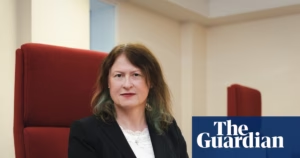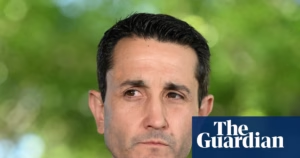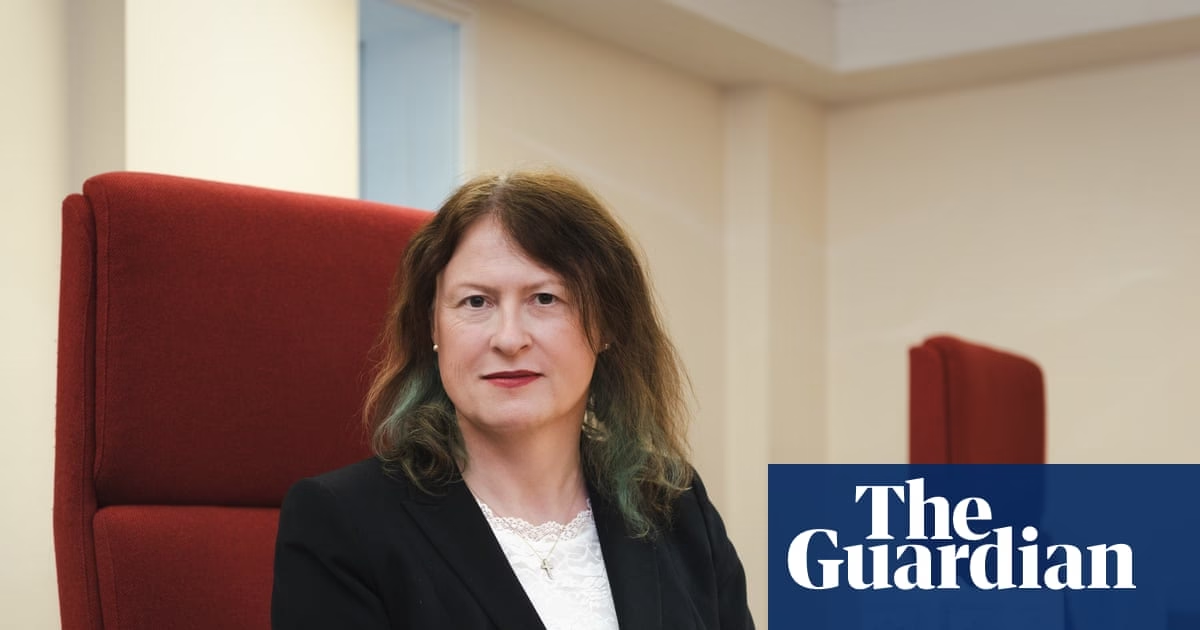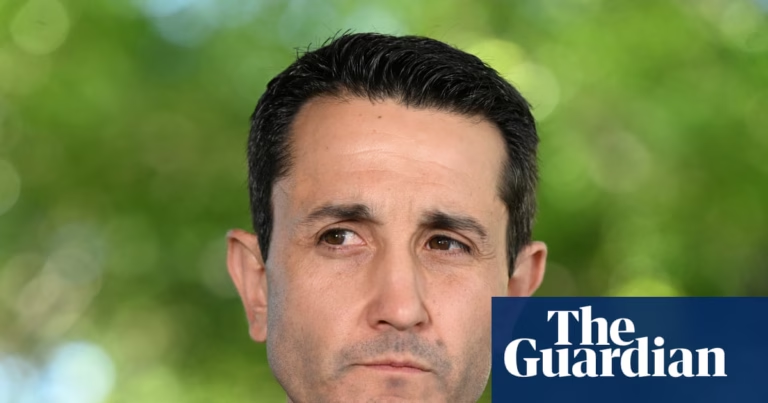The UK’s first-ever transgender judge is taking bold action by bringing a case to the European court of human rights. The challenge is against the UK, focusing on the process that led to the supreme court’s ruling about biological sex. Victoria McCloud, the retired judge in question (now working as a litigation strategist at W-Legal), is pushing for a rehearing of the case. Her argument centers around the claim that the supreme court’s refusal to include her representation and evidence from other trans individuals or groups violated her right to a fair trial, which is protected under Article 6.
This case is unfolding against the backdrop of For Women Scotland, a gender-critical group, suing the Scottish government. They accuse it of not adhering to the April judgment, particularly concerning policies in schools and prisons. The supreme court ruled earlier this year that the legal definition of a woman, as defined in the Equality Act 2010, does not include transgender women who hold gender recognition certificates (GRCs). This decision was followed by guidance from the equality watchdog, which effectively banned trans people from using facilities that match their gender identity.
McCloud’s attempt to intervene in the supreme court case was denied last year. Despite initially seeking to join the litigation against the Scottish government, her application was rejected. The court did allow interventions from several gender-critical groups, but McCloud took issue with this. She claims that her and the 8,500 others with GRCs effectively had their sex reversed for the purpose of equality law. This leads to scenarios where trans people are forced to use male facilities regardless of their female anatomy, and face issues such as potential harm in shared spaces and being directed to male-specific services.
The implications of the April ruling are vast, affecting various service providers and public bodies. Many are waiting for updated guidance from the Equality and Human Rights Commission (EHRC) on how to navigate these issues post-ruling. However, this has been met with criticism over the short consultation period. McCloud’s case, backed by Trans Legal Clinic and W-Legal, is lodged under articles 6, 8, and 14 of the European Convention on Human Rights, which cover the right to a fair trial and protection against discrimination.
For Women Scotland and Sex Matters have also been vocal in criticizing the Scottish government’s pace in implementing the supreme court’s ruling, citing a significant backlash against the decision. The Scottish government maintains it’s waiting on the EHRC to update its code of practice. This document, expected to be delivered soon, will go before parliament for approval, potentially opening it up to scrutiny from lawmakers.
In a unusual move, the EHRC’s Chief Executive, John Fitzpatrick, recently defended the commission against claims it is dragging its feet. He highlighted their use of AI technology to sift through consultation responses, asserting it’s a responsible method to ensure all voices are heard in crafting the necessary guidance for public bodies.
Source: https://www.theguardian.com/society/2025/aug/18/transgender-judge-supreme-court-case-biological-sex






